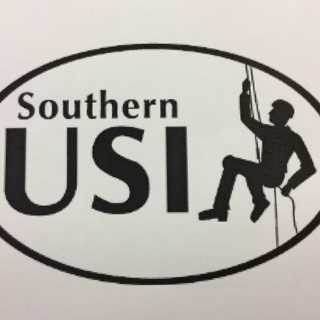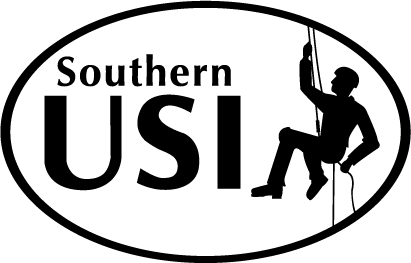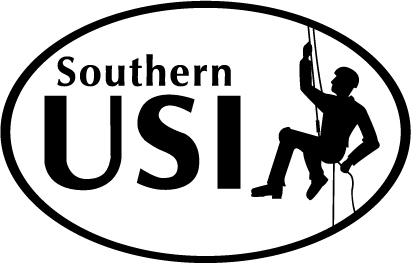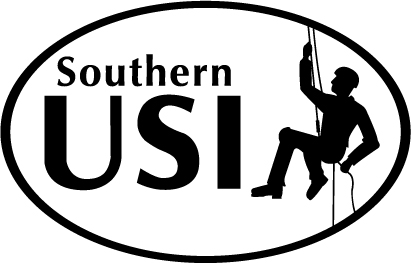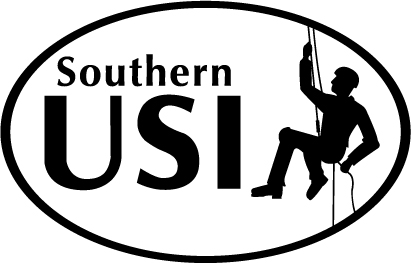Information
-
Document No.
-
Name of Supervisor/Leading Hand
-
Name of worker conducting assessment?
-
Site Number and Location
-
Conducted on
-
Task Being Carried Out
- Copy Change
- Graffiti Clean
- Maintenance
- Vegetation
- Site Measure
- Site Inspection
- Private Job
- Site Clean Up
- Installation
-
Have all workers on site read and understood the SWMS and Site Cards for this site?
-
Read SWMS and Site Card immediately
Site/Access Hazards
-
Check box if more than skin is being installed at a single location
-
Are the weather conditions suitable for safe work?
-
Insert photo of weather hazard
-
Select from list regarding weather hazards
-
Ring coordinator immediately and submit a site hold form
-
Does this site require you to sign in with Site Management or Security?
-
If yes who was contacted?
-
Do you consider the Site safe for all workers and the public?
-
How can site be made safe for workers and public?
-
Can all material and equipment used be transported to the site safely?
-
Explain method?
-
Are all vehicles parked correctly?
-
Parking location
-
Insert photo of parking hazard
-
Has worksite been cordoned off correctly?
-
Equipment used to secure worksite?
- Witches hats
- Barricades
- Tape
- Signage
- Other
-
For other, describe cordon method
In case of emergency
-
In case of emergency - call 000, stay calm and describe the situation clearly to emergency operator. Then cal a coordinator, secure the site and begin to complete an incident report
-
Are all installer aware of emergency procedures for this site?
-
Hold site until all workers are aware of emergency procedures
-
Has an ambulance pick up point been identified?
-
Hold site until all workers are aware of emergency procedures
-
What is the Pick up point location and suburb?
-
What is the nearest cross street?
-
Is there an abseiler on site
-
Do you have the safety rescue pulley on site?
Electrical Hazards
-
Have all Electrical Hazards been identified and recorded on Site Cards
-
What hazards have been added to site cards?
-
Are there Overhead Power lines (OHPL)?
-
What is the distance (m) and voltage (kV)?
-
What hazard elimination method has been used?
-
List other method used to eliminate hazard of OHPL?
-
Has power to the light box been turned off?
-
Where is the switch and who turned power off?
-
If working near an electrical area like switchboard, have precautions been taken?
-
What precautions have been taken?
-
Why can no precautions be taken?
-
Insert photo of any electrical hazards?
Height Hazards
-
Are all workers using fall protection devices like harnesses and are they wearing helmets?
-
Why are workers not wearing fall protection?
-
Are there any height hazards for this site?
-
What is the install method for this site?
- Fixed ladder
- Portable ladder
- Scaffold
- EWP
- Abseil
- Other
-
Is fixed ladder in good condition?
-
What size ladder is used for this site?
-
Can ladder be placed on even ground and secured to sign?
-
How is ladder secured?
- Ladder brackets
- Ratchets
-
Insert photo of ladder hazards?
-
Is ladder being used by one person at a time, footed correctly and the climber has three points of attachment?
-
Describe restrictions in ladder use?
-
Is scaffold in good working order?
-
Insert photo of scaffold hazard
-
Who is ticketed operator?
-
Has operator deemed EWP suitable to task, set up on firm, level ground and completed logbook?
-
Explain EWP hazards?
-
Are all workers trained and deemed competent by management?
-
Hold install and call coordinators immeditely
-
Are all ropes and gear in good condition?
-
Hold installs and ring Coordinator immediately
-
Are anchor points assessed as suitable?
-
Hold installs and call Coordinator immediately
-
Explain other height hazards that may exist?
-
Are all permanent anchor points / static lines on site considered safe?
-
Hold install and call coordinators immeditely
-
Insert photo of height hazards
One way pulley
-
Is there a one way pulley being used on site?
-
What type of communication is to be used between person setting up one way pulley and rope and persons on the ground?
-
Name of person setting up one way pulley and rope.
-
Is the person setting up one way pulley and rope trained and competent to safely and correctly set up the pulley for materials to be lifted?
-
If No then stop work and have another crew member assist in safely setting up pulley
-
A tag line should be used every time material is being lifted using the one way pulley, this will give the person on the ground all the control when material gets caught on any structure or rope gets tangled.
-
Are you using a tag line while lifting the material?
-
If no follow the below procedure.
-
Should the material become caught on the structure without a tag line set up the person who set up the one way pulley is to inform the person hauling the skin from the ground to stop pulling the rope and let go of the rope, once the person on the ground has stopped pulling and let go of the rope then the person on the structure is to proceed to free the material from the structure. Once the material is free from structure and the person on the structure has moved away from the rope and pulley the the person on the ground is to proceed to pull the material up to site.
-
Have all team members read and understood this procedure?
Tool Safety
-
Are all tools in good condition and been accounted for?
-
Explain tool hazards
-
Are tools and equipment able to be secured when used at heights
-
Explain tool hazards
-
Are all tools required to be used able to be kept inside cordoned off area?
-
Explain tool hazards
Chemical Hazards
-
Is there an MSDS for all chemicals being used on site?
-
Stop work and ring a Coordinator immediately
-
Have chemical spill procedures been discussed?
-
Stop work and ring a Coordinator immediately
Rail Site Hazards
-
Is work to be performed on a Rail site?
-
Is access to the site acceptable?
-
Hold site and contact Coordinator immediately
-
Do you cross an active rail track?
-
Will all equipment remain clear of the rails, and not cause damage to trains or rail operator property?
-
Hold site and contact Coordinator immediately
-
Select Hazard category for Rail work
-
Have you contacted the station master?
-
See Station Master before work performed
-
Has a WPP that has been prepared by a Level 3 been reviewed, completed and signed?
-
Hold site and contact Coordinator immediately
-
Level 3 and Worker communication method: all communication will be established by the PO4, in the event of malfunction, mobile phones will be used. Both will exchange numbers during briefing
-
What is the Level 3 Officers mobile number?
-
What is the safe area on track?
-
Have workers been given a copy of the briefing?
-
Obtain a copy of briefing from Level 3
-
Any accident or incident on Rail Sites needs to be reported management immediately.
Service Station Specific Hazards
-
Are you conducting work at a service station site?
General Comments/ Further informtion
-
Supervisors must make sure to write down and discuss hazards and controls as well as any other hazard not recorded elsewhere on the risk assessment
-
Insert toolbox talk topics
Sign Off Section
-
Supervisor sign off: this risk assessment have been checked by me and verified as true and correct
-
Insert Supervisors name
-
Does the site card or power card require updating for this site
-
Once both the risk assessment and SWMS have been consulted and completed, please sign below to state that you have read and understood all the safety conditions
-
Insert Worker signature
-
Insert Worker signature
-
Insert Worker signature
-
Insert Worker signature
-
Insert Worker signature
-
Insert Worker signature
-
Insert Worker signature
-
Insert Worker signature
-
Insert Worker signature
-
Insert Worker signature
-
Insert Worker signature
-
Insert Worker signature
-
Insert Worker signature
-
Insert any photos of miscellaneous hazards here
